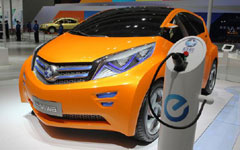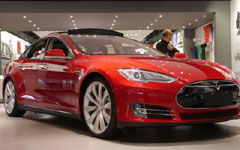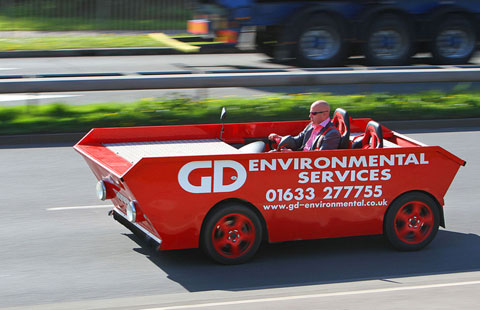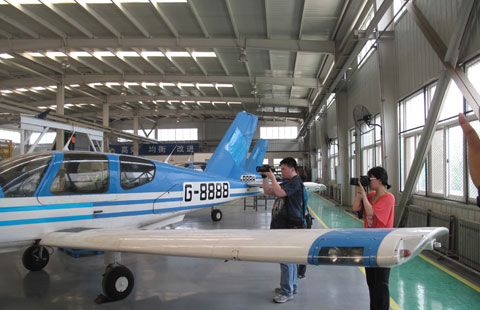Fresh bid to build charging network
By Li Fusheng (China Daily) Updated: 2014-05-26 07:13Industry insiders said it might help alleviate worries among potential customers about long-distance travel.
The Beijing government is also considering more electric vehicles in its fleet of taxies.
"Though the percentage (of electric vehicles) is yet to be determined, this is of course the direction of future policies and of future development," an official at the city's committee for promoting new energy vehicles told National Business Daily.
 |
In addition to a larger charging network, longer travel distances would boost the popularity of electric taxis, said Wang Binggang, an expert at China's program on energy-saving and new-energy vehicles.
"It will be better if fully charged electrics can run 300 km or so - otherwise drivers have to charge them in the middle of the day," Wang told National Business Daily.
Currently about 85 percent of the electric vehicles on the Beijing government list for subsidies have a single-charge range of nearly 300 km.
Some experts said travel distance might become an important factor affecting sales in Beijing or even nationwide as some of the capital's measures to promote new-energy vehicles might set an example for other cities.
More incentives
The Shanghai government also recently released a new series of favorable policies.
Each electric vehicle on the government list is entitled to a subsidy of up to 40,000 yuan ($6,400) and each hybrid is eligible for 30,000 yuan, according to a new regulation released on May 20 by the metropolis to encourage purchase and use of new-energy vehicles.
- Poland's branding in need of polishing
- China's SME board sees fast growth
- The multibillion-dollar house that Jack built
- China's housing market going through natural adjustment
- Silk Road economic cooperation to bring benefits
- Click profit
- Top 10 observatories in the world
- Japanese investment in China requires cooperative efforts
















